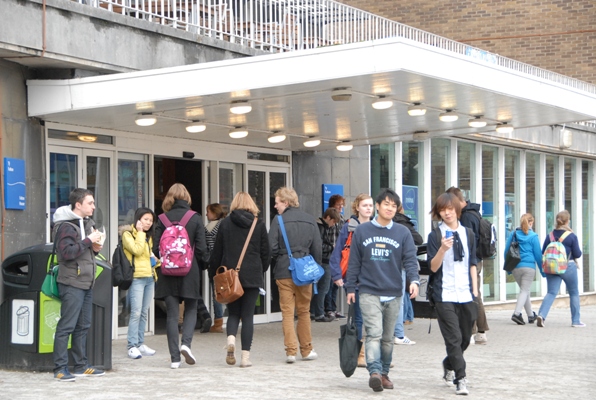 Subscribers Only
People
Subscribers Only
People 
How can we break the very strong relationship between growing up in poverty and generally not doing well in education?
Increasingly, both practice and research evidence come to similar conclusions in answering this critically important question.
Schools have a vital part to play through the day-to-day work they do with disadvantaged students. Schools, the people who lead them and teachers make a difference.
But schools are only part of the solution. They are a necessary but not sufficient part of a system-wide and sustainable approach. Just as important is gaining the involvement and support of the families and communities these young people live in. Family- and community-level influences have the strongest impact on young people’s educational achievement.
What we need, therefore, are holistic policies to tackling the influence of poverty on educational achievement, which join together interventions at family, school and community level.
In a JRF Viewpoint published today, I consider what evidence we have for the most effective interventionsto support young people at family and community level in Wales.
I draw upon a number of studies JRF has published recently on which interventions are most likely to succeed in improving the attitudes, aspirations and behaviour of young people living in poverty. This research identifies a large number of approaches used in these areas to impact upon young people’s educational performance.
Whilst the research recognises that there is generally too little evidence on how far these interventions actually lead to improvements in students’ grades, it uses a rigorous methodological approach to identify the three most promising types of interventions in terms of outcomes achieved.
The most promising are those that involve parents in the education process, through developing their own skills and knowledge and supporting their children. Mentoring and developing out-of-hours learning are the other two areas identified.
I argue that the Welsh Government, local authorities and schools need to make good use of this evidence in work now being done to address poverty’s impact, including the use of the Pupil Deprivation Grant (Pupil Premium).
What I also suggest – as does the JRF research – is that we should take a much more considered and evidence-based approach to using scarce resources in undertaking interventions.
Too often the approaches used lack an evidence base and are not properly trialled before being scaled-up. We need ‘policy laboratories’ in our schools and communities where in a scientific and ethical way we can find out what works and then share it across our educational system. Here, then, is an opportunity for Wales to make a major contribution in this important policy area.
David Egan
JRF is launching a new Wales poverty and education network to bring together people and organisations committed to breaking the influence of poverty on educational participation and achievement in Wales. For further information please contact Victoria Winckler at the Bevan Foundation: [email protected]


